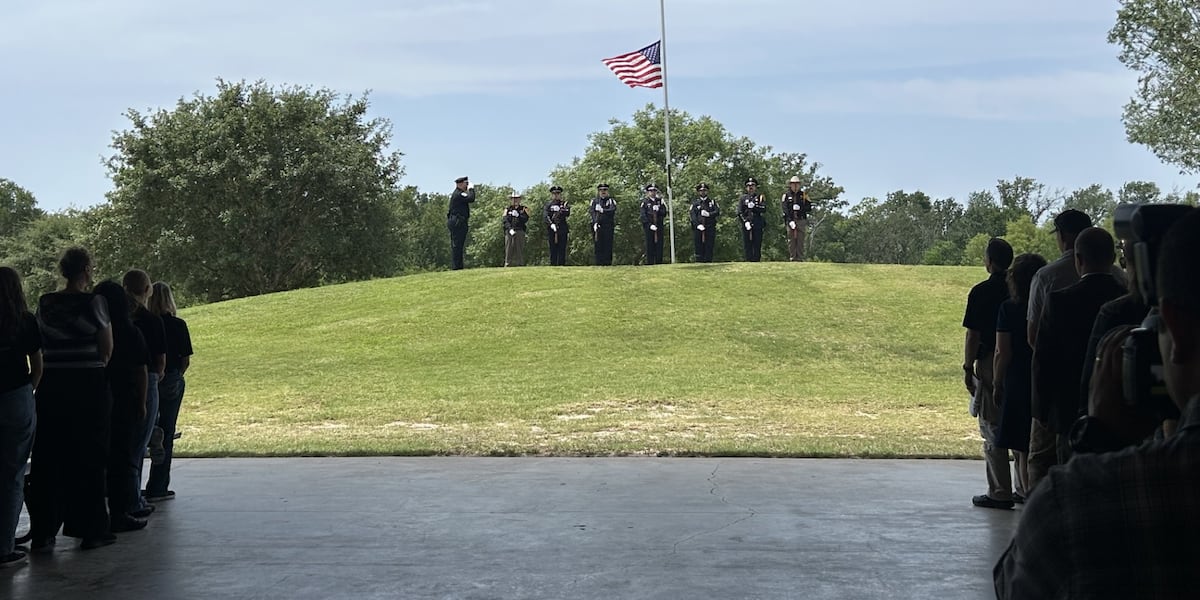Polio Emergency: WHO Confirms Outbreak in Papua New Guinea – Urgent Action Needed
The World Health Organization (WHO) has officially confirmed a polio outbreak in Papua New Guinea, sparking urgent concerns and prompting swift action from global health authorities. This marks a significant setback in the fight against the debilitating disease, which was previously considered close to eradication in the region.
What We Know So Far:
The outbreak was identified following the detection of wild poliovirus type 1 (WPV1) in environmental samples collected in the Motu-Koita district near Port Moresby. This discovery has triggered a rapid response, including heightened surveillance and vaccination campaigns. While no cases of clinical polio (paralysis) have been confirmed yet, the presence of the virus in sewage indicates a potential risk of further transmission.
Why This Matters:
Polio is a highly contagious viral disease that can cause irreversible paralysis. It primarily affects young children, and even a small number of cases can quickly spread, particularly in areas with low vaccination rates. Eradicating polio globally has been a long and arduous process, and this outbreak underscores the fragility of progress and the ongoing need for vigilance.
The Response:
The WHO is working closely with the Papua New Guinea government and other international partners to implement a comprehensive response plan. Key elements of this plan include:
- Mass Vaccination Campaigns: Targeting children under the age of five, these campaigns aim to rapidly increase immunity and halt the spread of the virus. Efforts are being made to reach vulnerable populations in remote areas.
- Enhanced Surveillance: Increased monitoring of sewage samples and clinical cases to quickly identify and respond to any new infections.
- Risk Communication: Educating communities about polio, its prevention, and the importance of vaccination.
- Imported Virus: Initial investigations suggest the virus may have been imported from another country, highlighting the importance of global collaboration in polio eradication efforts.
Challenges Ahead:
Several challenges complicate the response. Geographic remoteness, limited healthcare infrastructure, and vaccine hesitancy can all hinder efforts to reach all children. Ensuring equitable access to vaccines and addressing community concerns are crucial for success.
Global Implications:
This outbreak serves as a stark reminder that polio remains a threat globally. While significant progress has been made, the virus persists in a few countries, and the risk of international spread remains. Continued investment in polio eradication efforts, including vaccination campaigns, surveillance, and research, is essential to protect children worldwide.
Stay informed: ABC News will continue to provide updates on this developing story. Watch live coverage and read expert analysis on our website and app.






